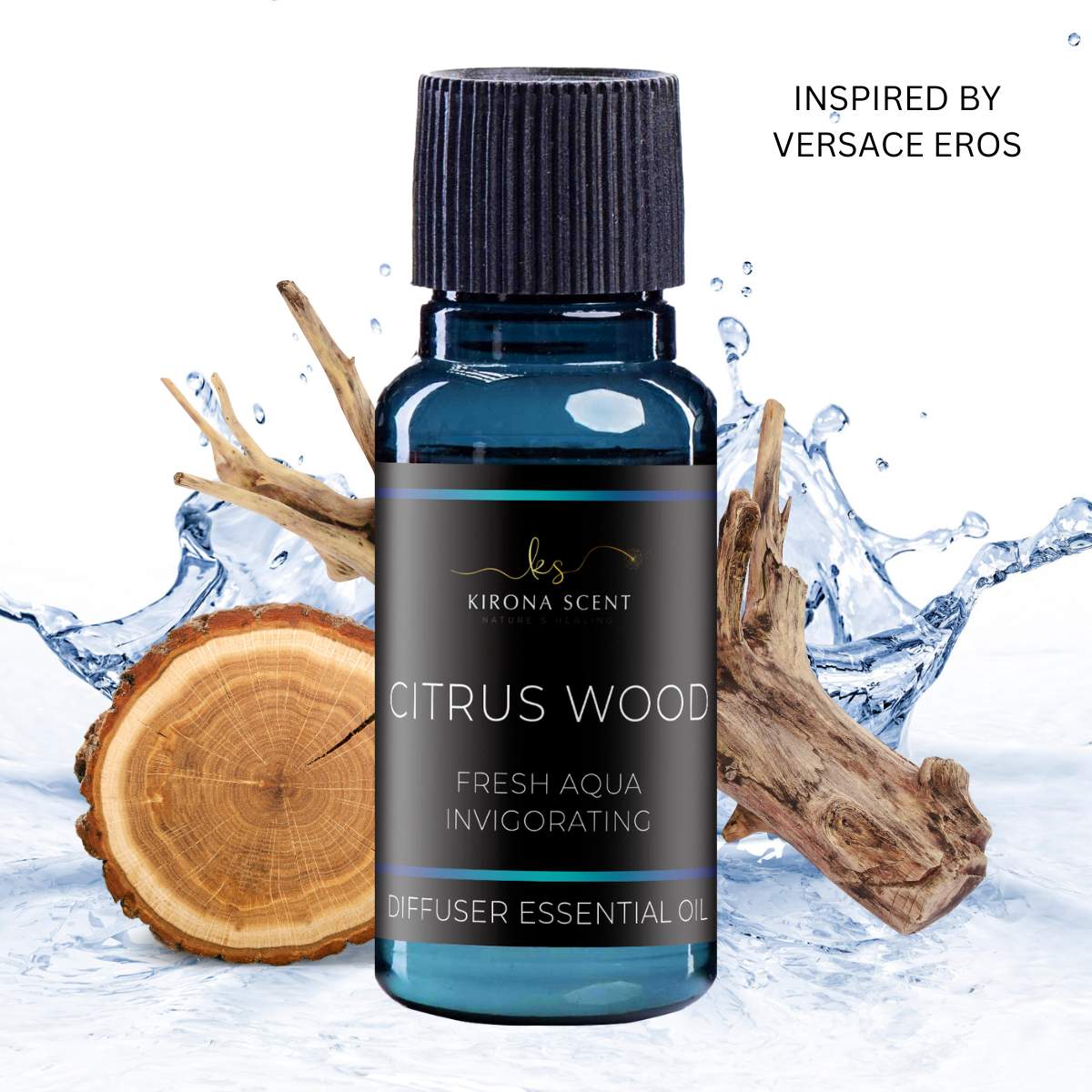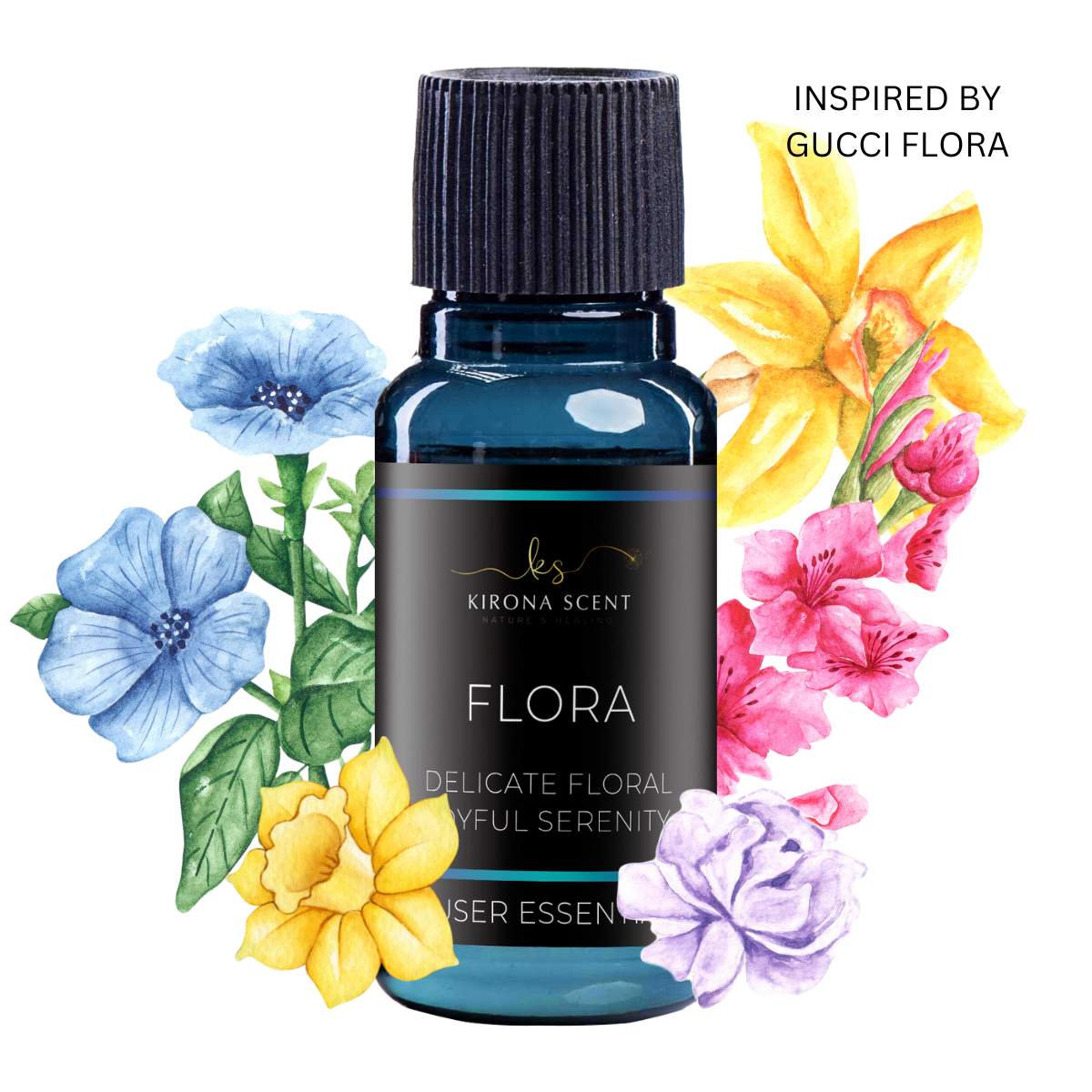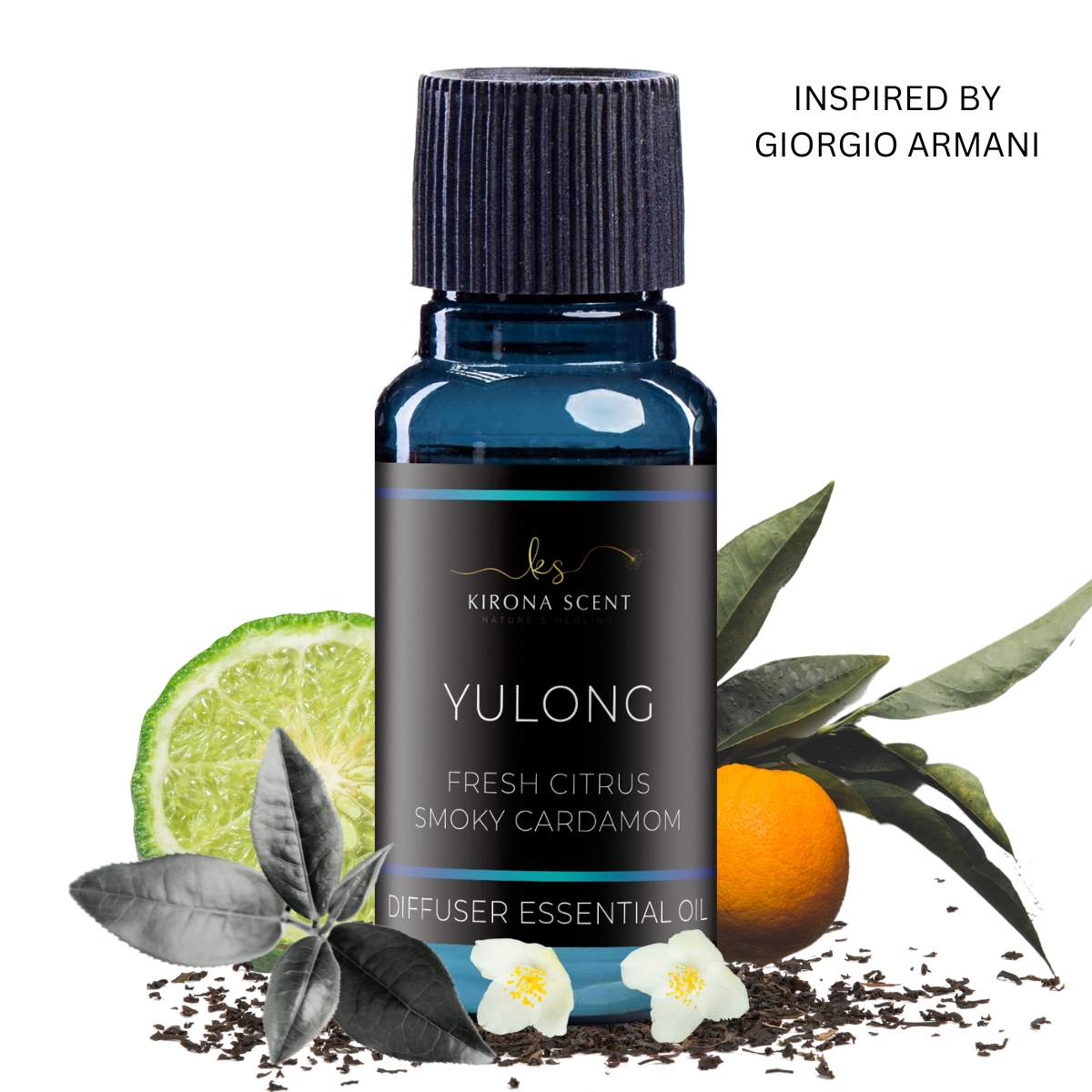Reduce Stress & Anxiety With Aromatherapy
We all have moments of stress and anxiety in our lives, but with the current state of the world, it seems like these feelings have been more prevalent than ever. While it's important to address the underlying causes of our stress, we can also turn to aromatherapy to alleviate some of the symptoms. Aromatherapy is the use of essential oils to promote wellness and relaxation. In this blog, we'll explore how aromatherapy can help reduce stress and anxiety, and how you can incorporate it into your daily routine.
Benefits of aromatherapy for reducing stress and anxiety
Aromatherapy has been shown to have a number of benefits for reducing stress and anxiety. When we inhale essential oils, they interact with the limbic system in our brains, which plays a role in regulating emotions. This can help to promote feelings of calm and relaxation, reduce feelings of anxiety and depression, and improve overall mood. Some specific essential oils that have been shown to be effective for reducing stress and anxiety include lavender, bergamot, ylang ylang, and chamomile.
How to use essential oils for aromatherapy
There are a number of ways you can use essential oils for aromatherapy. One of the most popular methods is through an aroma diffuser, which disperses the oils into the air in your room. (Compare the different aroma diffusers)
You can also add a few drops of essential oil to a foot bath, mix them with a carrier oil like coconut oil for use in massage, or even make your own room or linen sprays. When using essential oils, it's important to dilute them properly and follow any safety guidelines to avoid irritation or adverse reactions.
Other ways to incorporate aromatherapy into your routine
In addition to traditional aromatherapy methods, there are a number of other ways you can incorporate essential oils into your daily routine to promote relaxation and reduce stress. You could try adding a few spritz of Lavender Fragrance Spray to your pillow before bed, or using a calming essential oil blend in your meditation or yoga practice to help create a more calming and peaceful home environment.
Considerations when choosing essential oils
When choosing essential oils for aromatherapy, it's important to consider both the scent and the therapeutic properties of the oil. Some oils may have a very strong, distinctive scent that may not be appealing to you, while others may have a more subtle aroma that you find more calming. It's also important to consider the usage of essential oils, whether it is to be mixed with water, or using it in reed diffusers that are getting very popular recently, or using it with waterless diffusers.
(Compare the different types of essential oils)
While it's important to address the underlying causes of stress and anxiety in our lives, incorporating aromatherapy into our daily routines can be a helpful tool in promoting relaxation and reducing these feelings. By learning about the benefits of aromatherapy, the different methods for use, and which essential oils may be most beneficial for your needs, you can begin to incorporate this practice into your personal wellness routine and reap the benefits. Remember to always follow safety guidelines when using essential oils, and to seek professional guidance if you have any concerns.
Benefits of aromatherapy for reducing stress and anxiety
Aromatherapy has been shown to have a number of benefits for reducing stress and anxiety. When we inhale essential oils, they interact with the limbic system in our brains, which plays a role in regulating emotions. This can help to promote feelings of calm and relaxation, reduce feelings of anxiety and depression, and improve overall mood. Some specific essential oils that have been shown to be effective for reducing stress and anxiety include lavender, bergamot, ylang ylang, and chamomile.
How to use essential oils for aromatherapy
There are a number of ways you can use essential oils for aromatherapy. One of the most popular methods is through an aroma diffuser, which disperses the oils into the air in your room. (Compare the different aroma diffusers)
You can also add a few drops of essential oil to a foot bath, mix them with a carrier oil like coconut oil for use in massage, or even make your own room or linen sprays. When using essential oils, it's important to dilute them properly and follow any safety guidelines to avoid irritation or adverse reactions.
Other ways to incorporate aromatherapy into your routine
In addition to traditional aromatherapy methods, there are a number of other ways you can incorporate essential oils into your daily routine to promote relaxation and reduce stress. You could try adding a few spritz of Lavender Fragrance Spray to your pillow before bed, or using a calming essential oil blend in your meditation or yoga practice to help create a more calming and peaceful home environment.
Considerations when choosing essential oils
When choosing essential oils for aromatherapy, it's important to consider both the scent and the therapeutic properties of the oil. Some oils may have a very strong, distinctive scent that may not be appealing to you, while others may have a more subtle aroma that you find more calming. It's also important to consider the usage of essential oils, whether it is to be mixed with water, or using it in reed diffusers that are getting very popular recently, or using it with waterless diffusers.
(Compare the different types of essential oils)
While it's important to address the underlying causes of stress and anxiety in our lives, incorporating aromatherapy into our daily routines can be a helpful tool in promoting relaxation and reducing these feelings. By learning about the benefits of aromatherapy, the different methods for use, and which essential oils may be most beneficial for your needs, you can begin to incorporate this practice into your personal wellness routine and reap the benefits. Remember to always follow safety guidelines when using essential oils, and to seek professional guidance if you have any concerns.

















